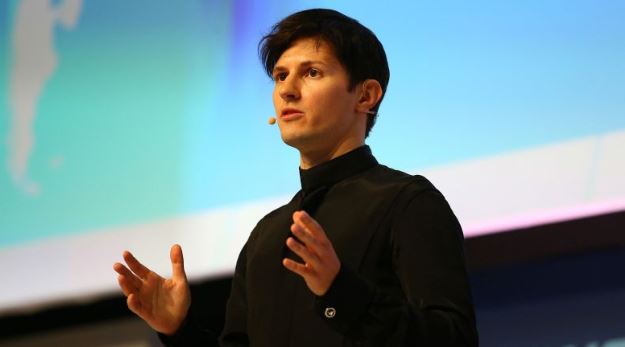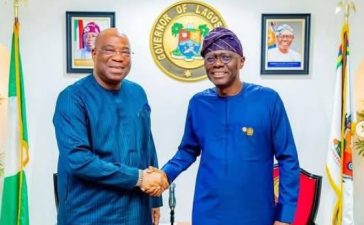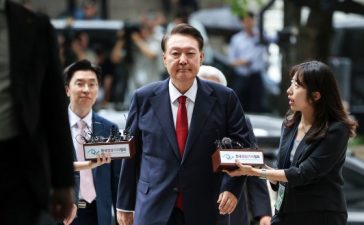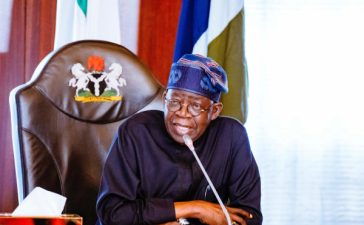Pavel Durov, the Russian-born billionaire and founder of the popular messaging app Telegram, was detained at Paris’s Bourget Airport on Saturday. The arrest was made on a warrant linked to allegations that Telegram has facilitated illegal activities, including money laundering, drug trafficking, and the spread of pedophilic content.
Durov, 39, was en route to Paris from Azerbaijan aboard his private jet when he was apprehended, according to reports from CNN-affiliate BFMTV. The detention has ignited a significant debate over the balance between freedom of speech and the regulation of illegal content on digital platforms.
Telegram, known for its emphasis on privacy and unfiltered content, has faced criticism for its minimal moderation policies. Critics argue that the platform’s lack of stringent controls has made it a haven for criminal activities, including the aforementioned issues. Durov’s arrest comes in the wake of ongoing concerns about how social media and messaging platforms manage and moderate content.
The French authorities’ actions against Durov highlight the growing tensions between government regulation and the principles of free expression online. As the founder of a platform that champions minimal censorship, Durov’s detention has drawn attention to the broader implications of regulating digital content and ensuring platforms do not become conduits for illegal activities.
Durov’s legal team has yet to release a statement regarding the charges or the nature of the investigation. The case is expected to raise important questions about the responsibilities of tech companies in preventing misuse of their platforms, while also considering the impact on user privacy and freedom of speech.
The outcome of this case could set significant precedents for how governments approach online regulation and the extent to which digital platforms are held accountable for their content. As the legal process unfolds, it will likely continue to provoke debate among policymakers, tech industry leaders, and civil rights advocates worldwide.







